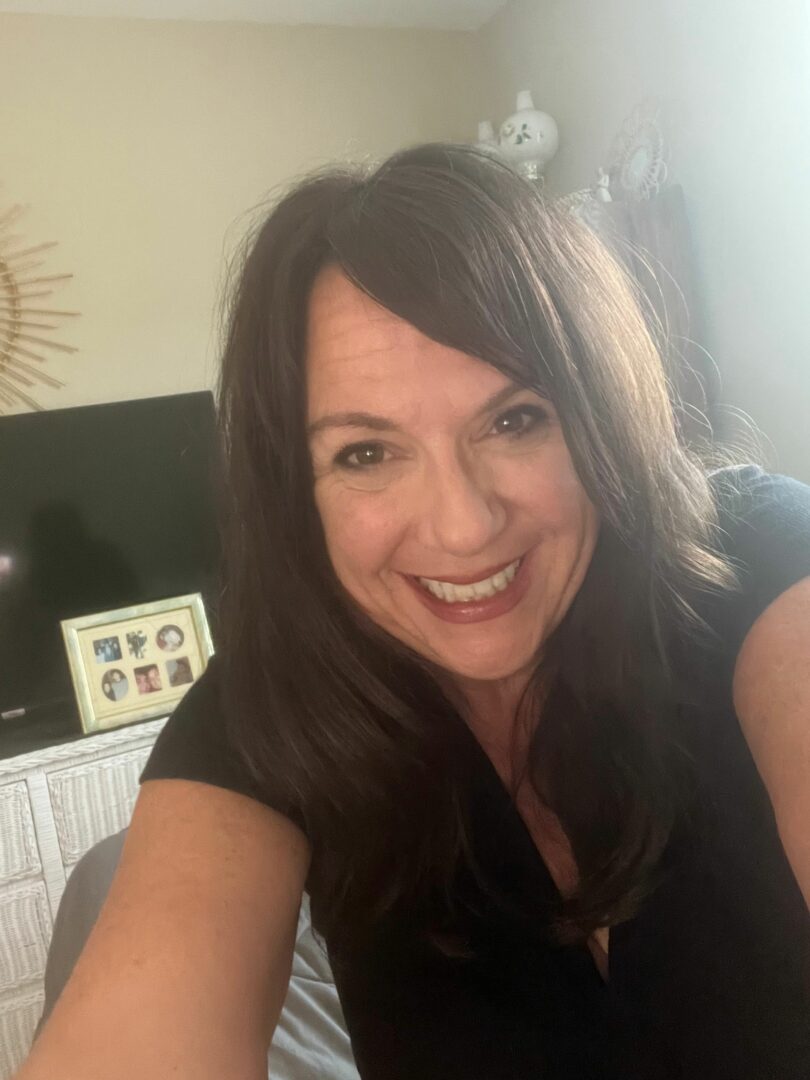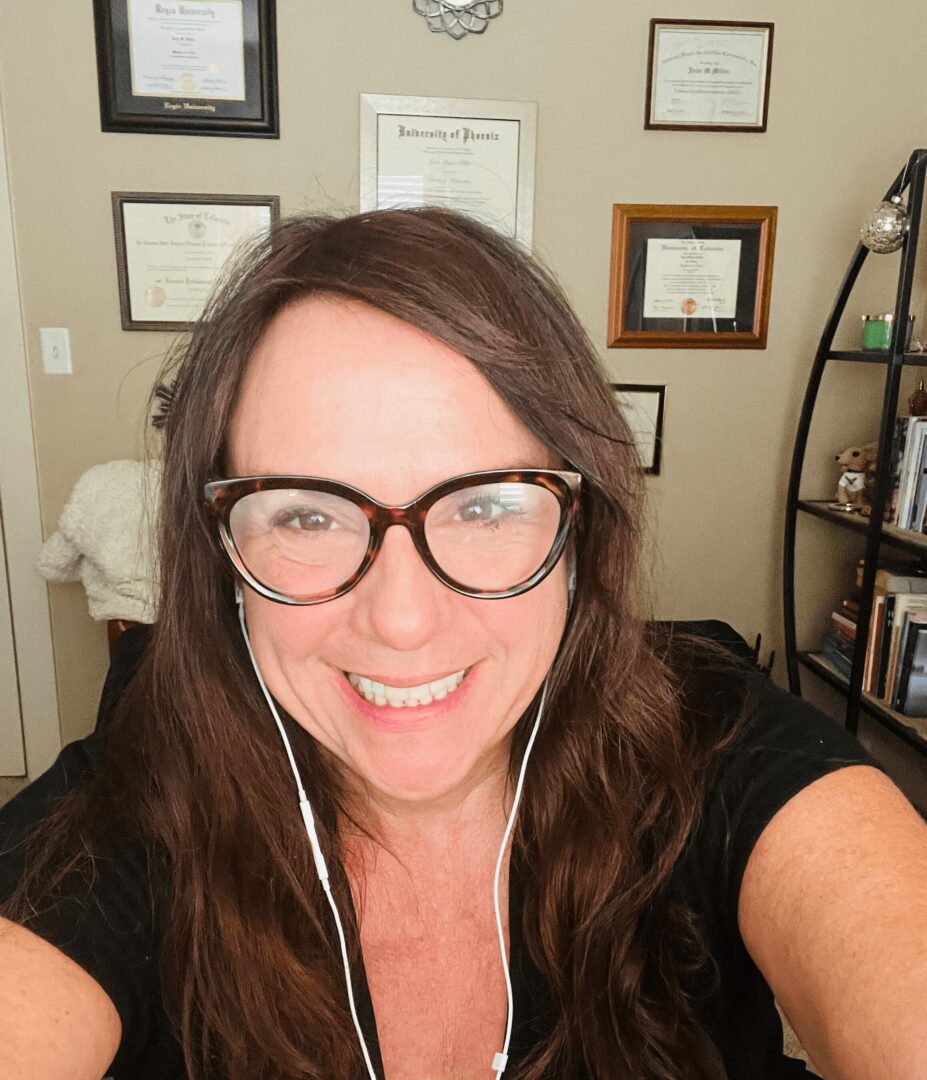We recently had the chance to connect with Jean Miller and have shared our conversation below.
Jean, we’re thrilled to have you with us today. Before we jump into your intro and the heart of the interview, let’s start with a bit of an ice breaker: Are you walking a path—or wandering?
I am walking and wandering at the same time on a healing path, I have been rebuilding and building my life after the unexpected loss of my husband 5 years ago.
Can you briefly introduce yourself and share what makes you or your brand unique?
I am a Licensed Professional Counselor and a Licensed Mental Health Counselor, a Clinical Supervisor, an educator, and a researcher. In my counseling work, I utilize a person-centered, strengths-based approach, focusing on the holistic wellness of mind, body, and spirit. Life is a journey of self-discovery, learning, and developing into our truest selves, and I truly feel that it is an honor to walk alongside others on their journey.
My background includes working with clients in private practice, community mental health, and higher education settings. In private practice, I provide counseling, coaching, and consulting services to individuals, couples, groups, and organizations.
My research focuses on the areas of counseling, mindfulness, holistic wellness, and transformational healing in grief and loss.
Great, so let’s dive into your journey a bit more. Who taught you the most about work?
My parents were very hard workers their whole lives. They demonstrated work ethic, commitment, and pride in their work, regardless of the lack of opportunity they had early on. They taught us to work hard and follow our dreams, and they provided higher educational opportunities for me and my brothers.
When did you stop hiding your pain and start using it as power?
I think I am in the middle of this journey. I lost my husband 5 years ago. The grief over this profound loss has forever changed me, and this grief journey is not one for the faint of heart. I try to use this experience as one to help others in their own grief, whether it be my clients or personal friends and family. I do not hide my pain, but I share it to give hope to others, and to help them feel less isolated and alone in their experience of loss.
Next, maybe we can discuss some of your foundational philosophies and views? Where are smart people getting it totally wrong today?
There are many different types of “smart”. To me, a person is truly smart when they are well rounded and have emotional intelligence in addition to any type of book smarts.
If we cannot be ourselves and show up with authenticity, we cannot truly connect with others. I would rather be known for my emotional intelligence and ability to connect with others, than for my education and letters behind my name. I met many people who went as far as possible on their academic journeys, but had very little common sense or emotional intelligence!
Okay, so before we go, let’s tackle one more area. What do you understand deeply that most people don’t?
I am a feeler and have a very strong intuition. I feel more than I analyze, and can often feel another persons feelings without them saying a word. I have a depth of emotion that has always felt quite unique, and I don’t know if most people understand the power of deep emotion and intuition.
I believe that we should alway listen to that intuitive sense or that gut feeling- it will never steer us wrong. Less data, more intuition!
Contact Info:
- Website: https://linktr.ee/drjeanmiller?utm_source=linktree_profile_share<sid=fc71dbf1-5b17-44b5-9215-b8216810e64d
- Linkedin: http://linkedin.com/in/jeanmillerma

so if you or someone you know deserves recognition please let us know here.




